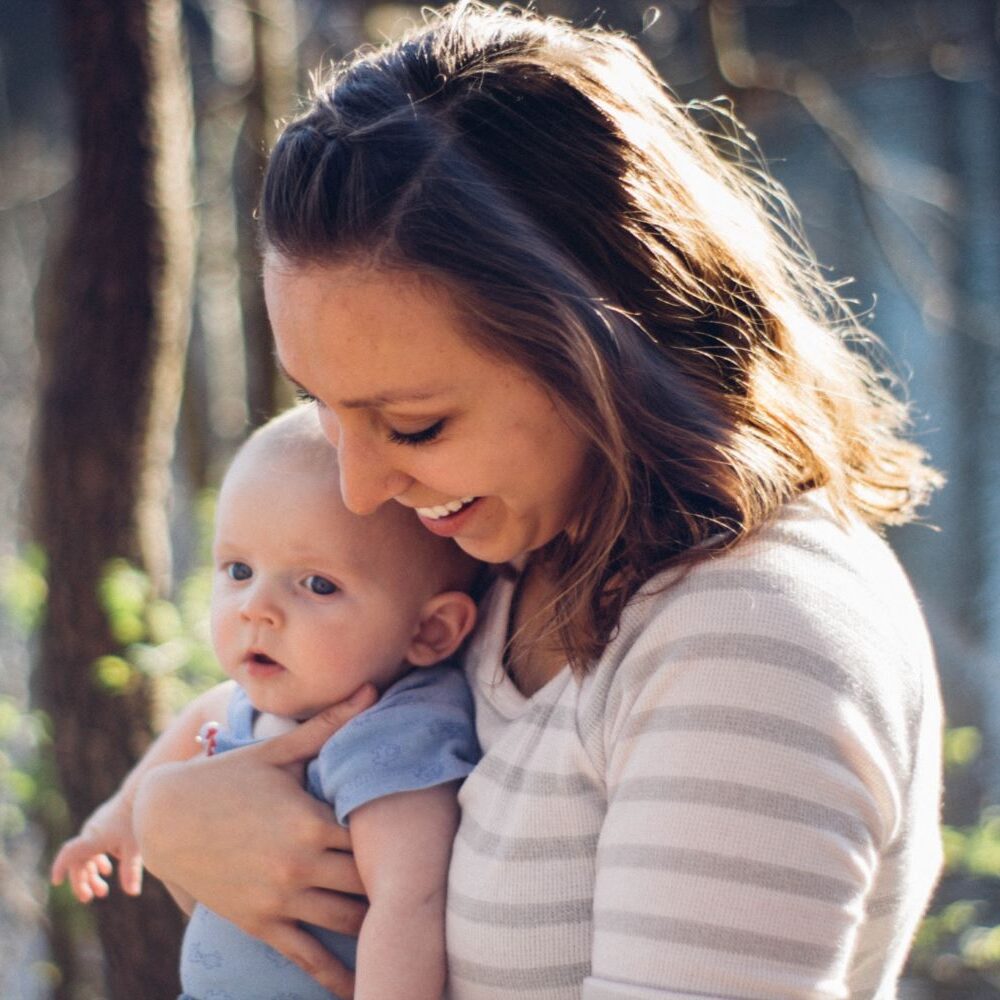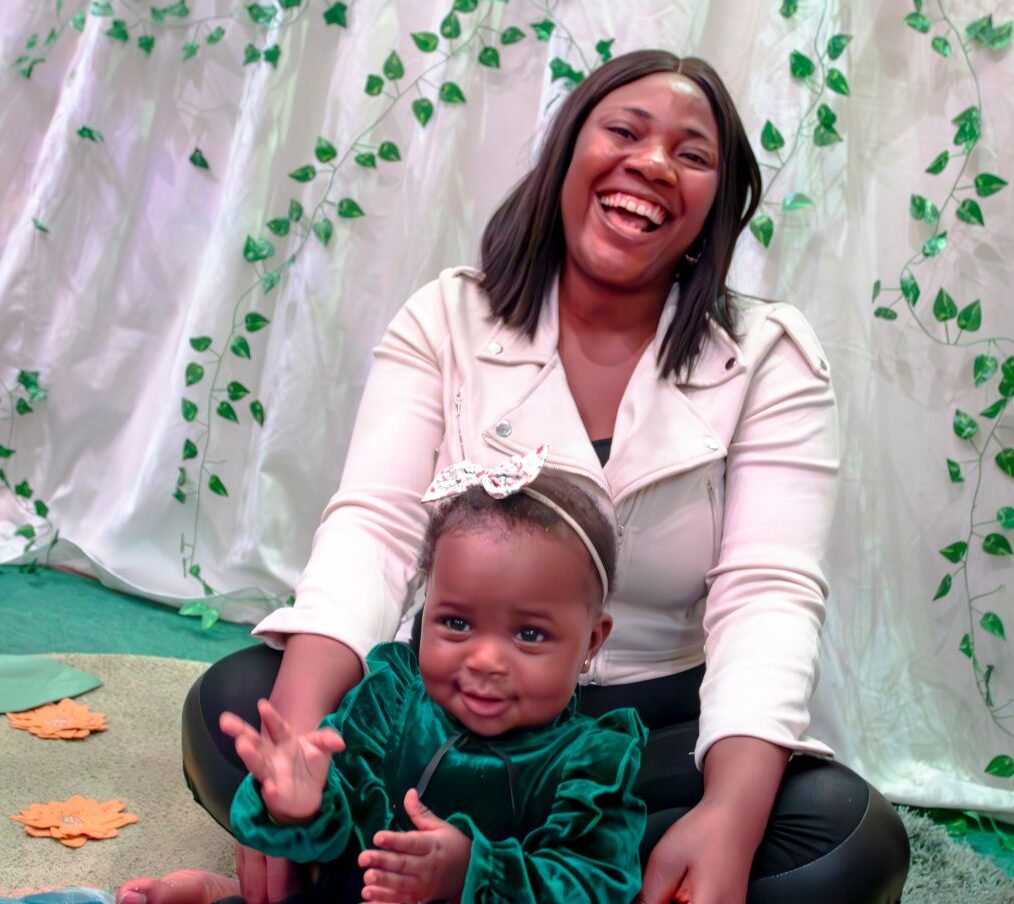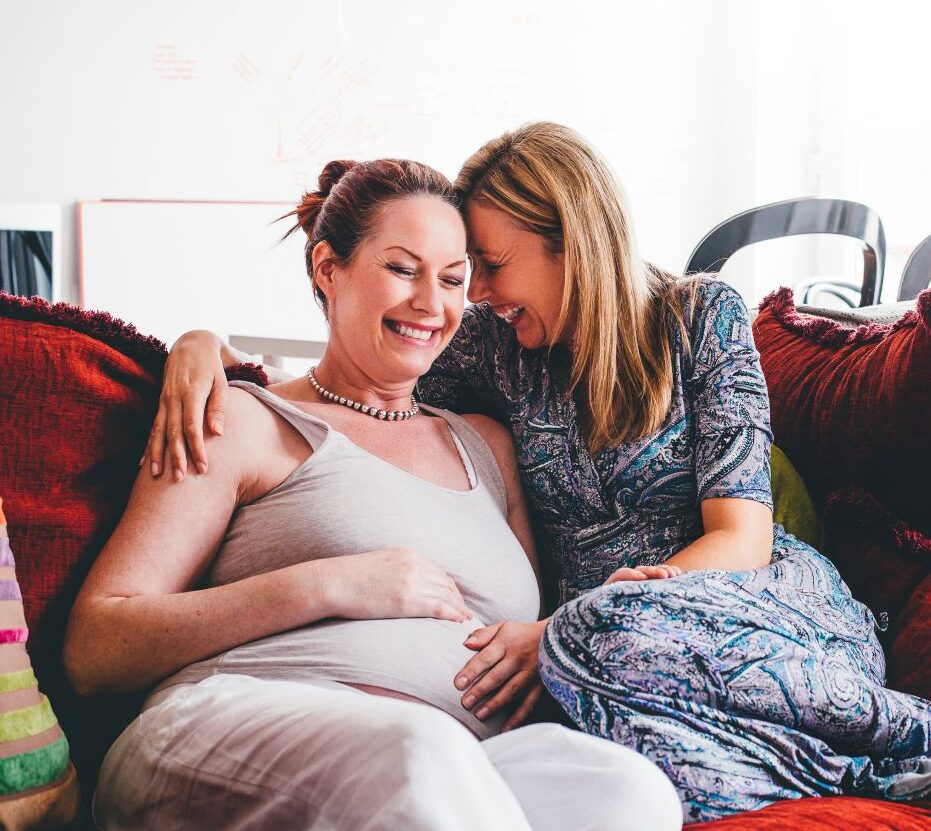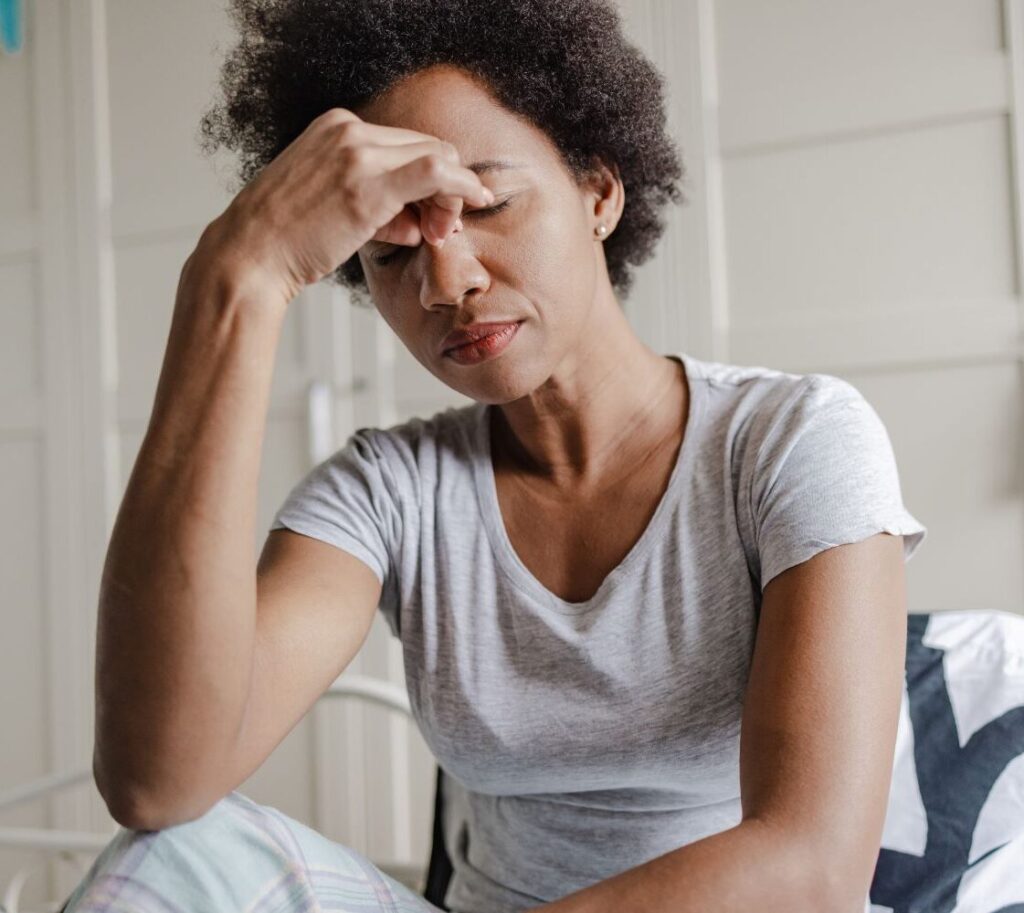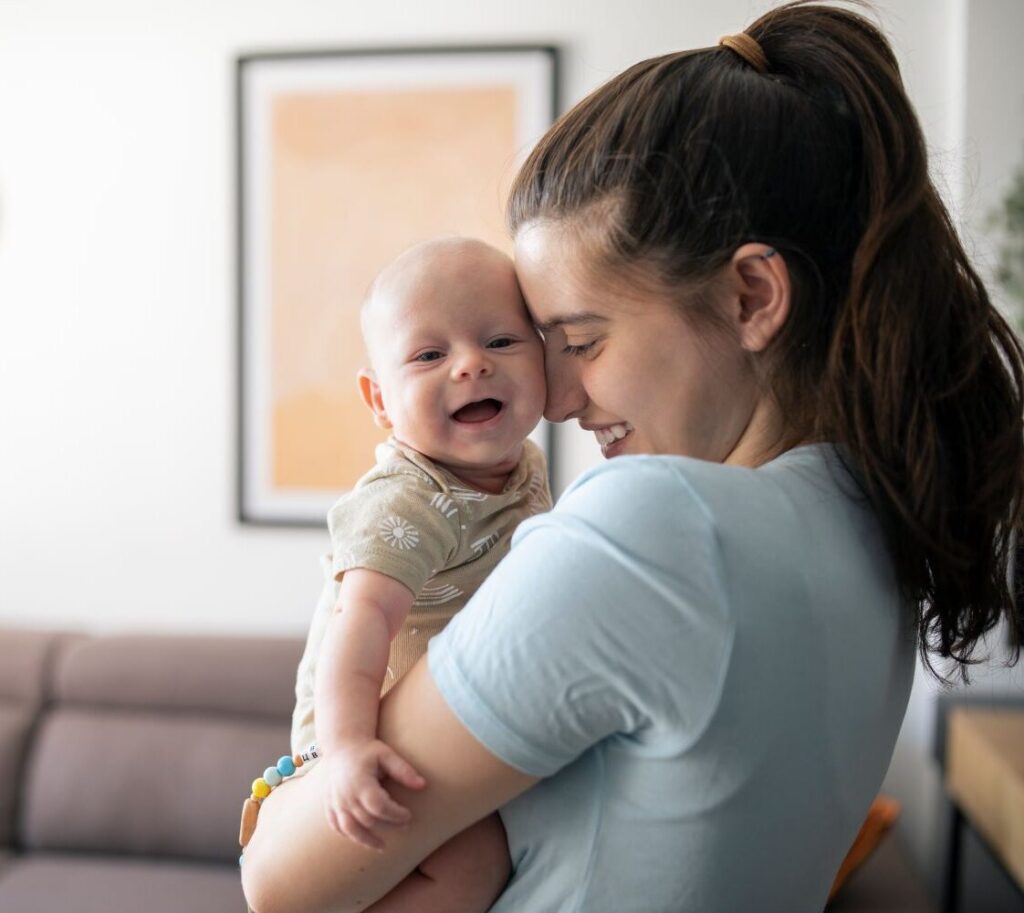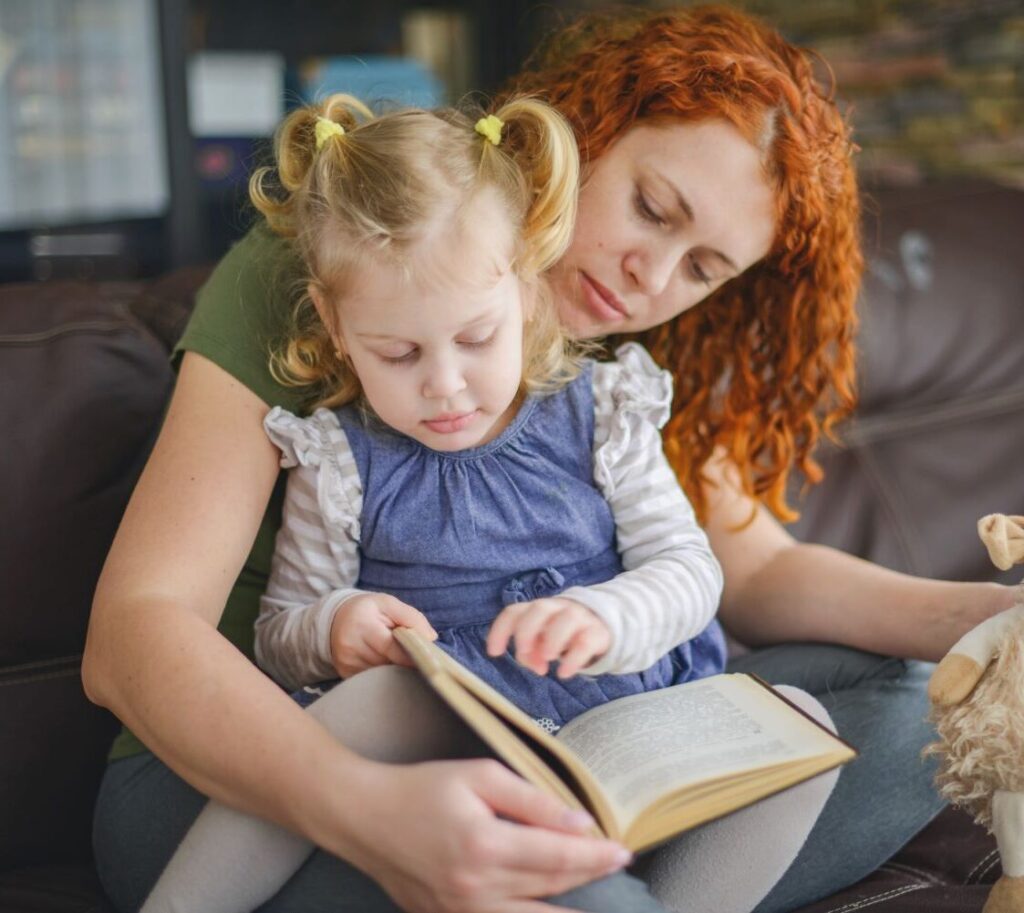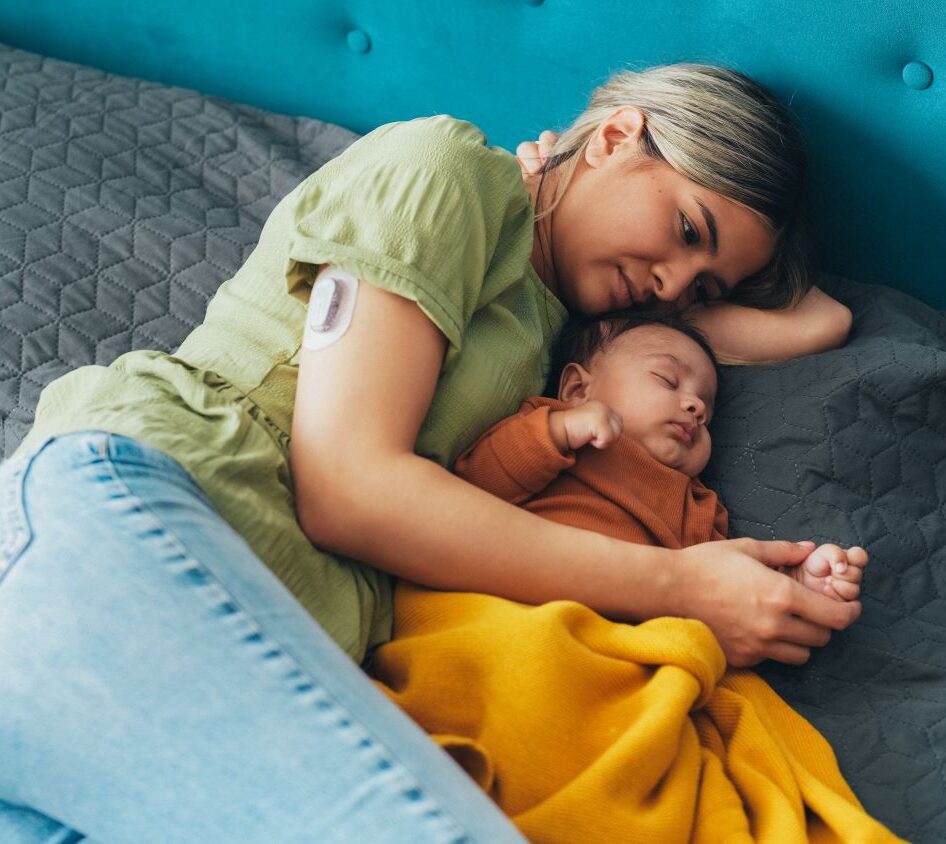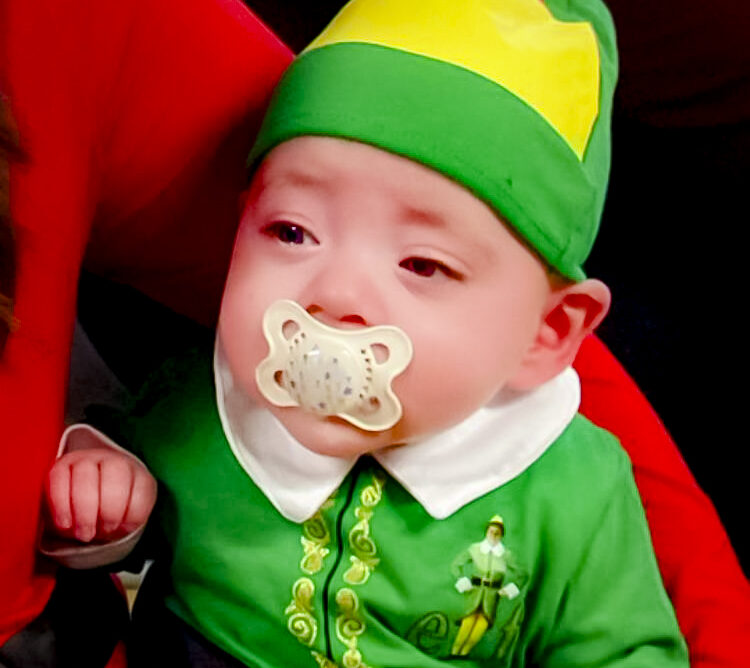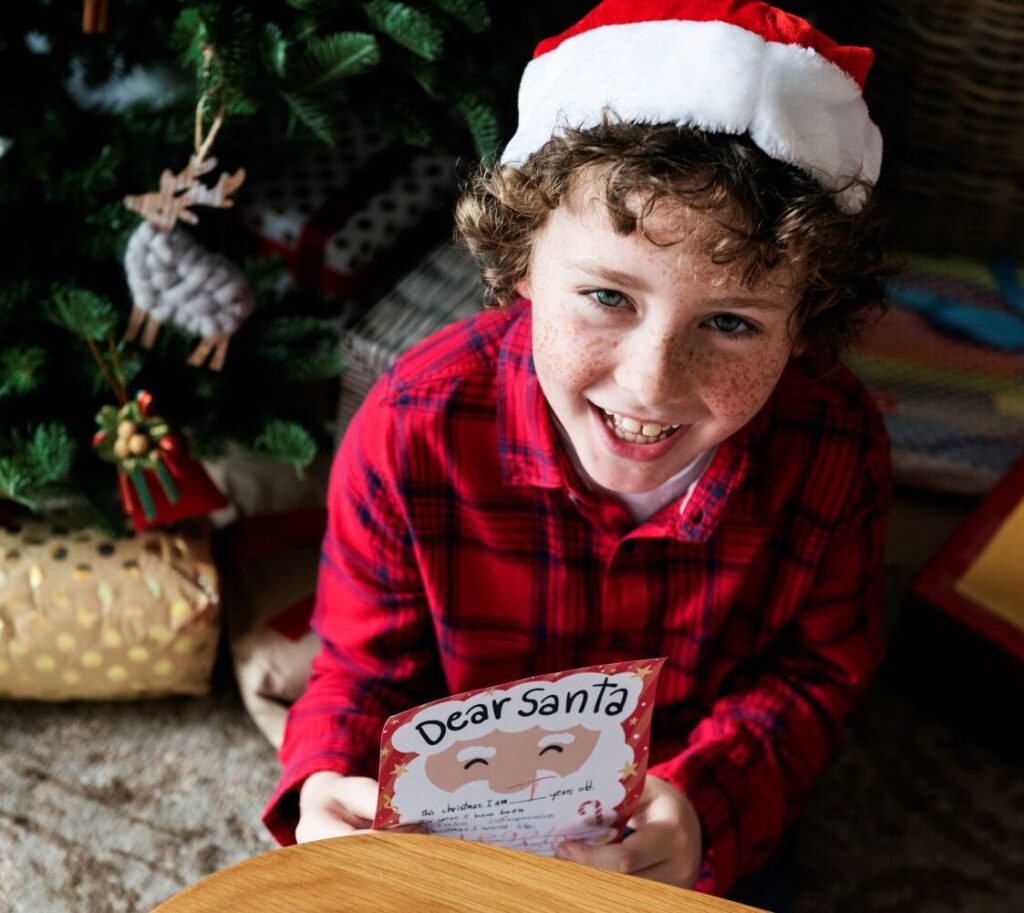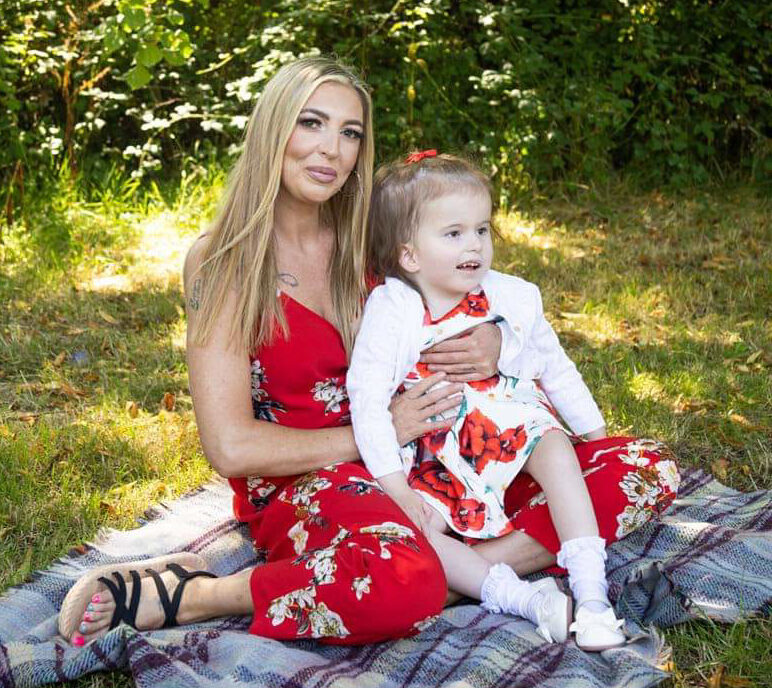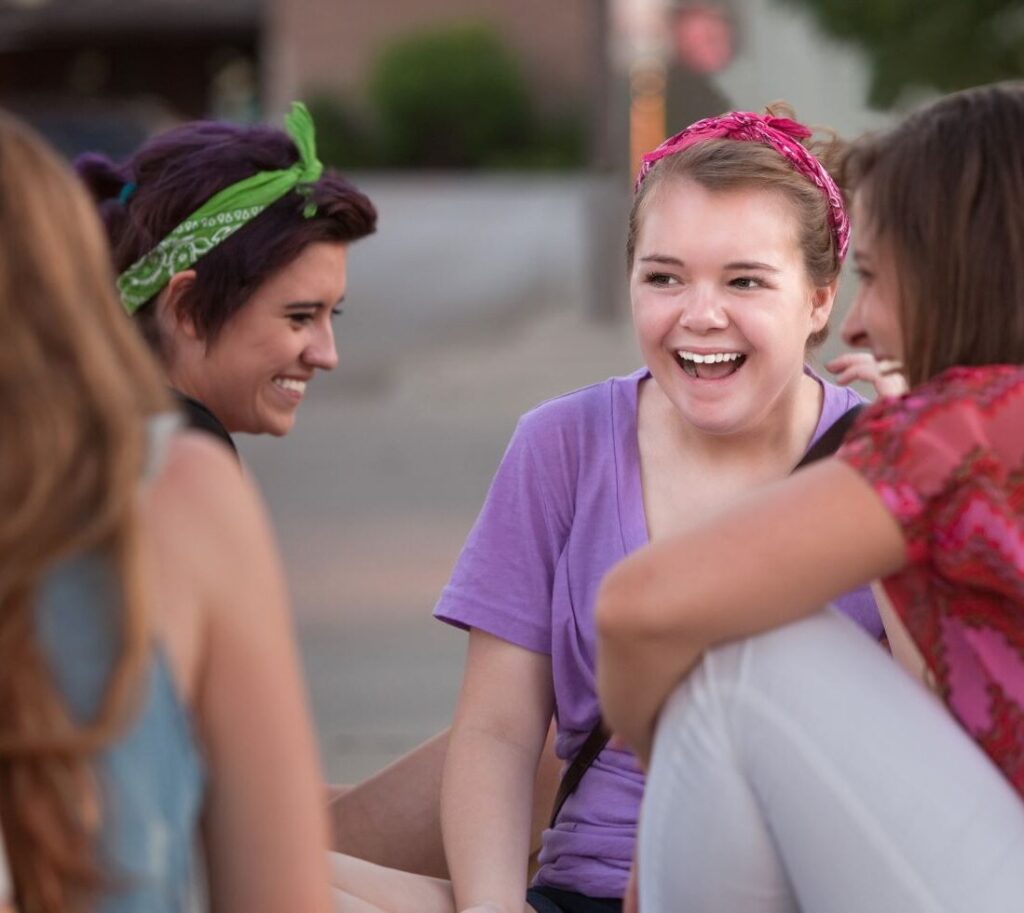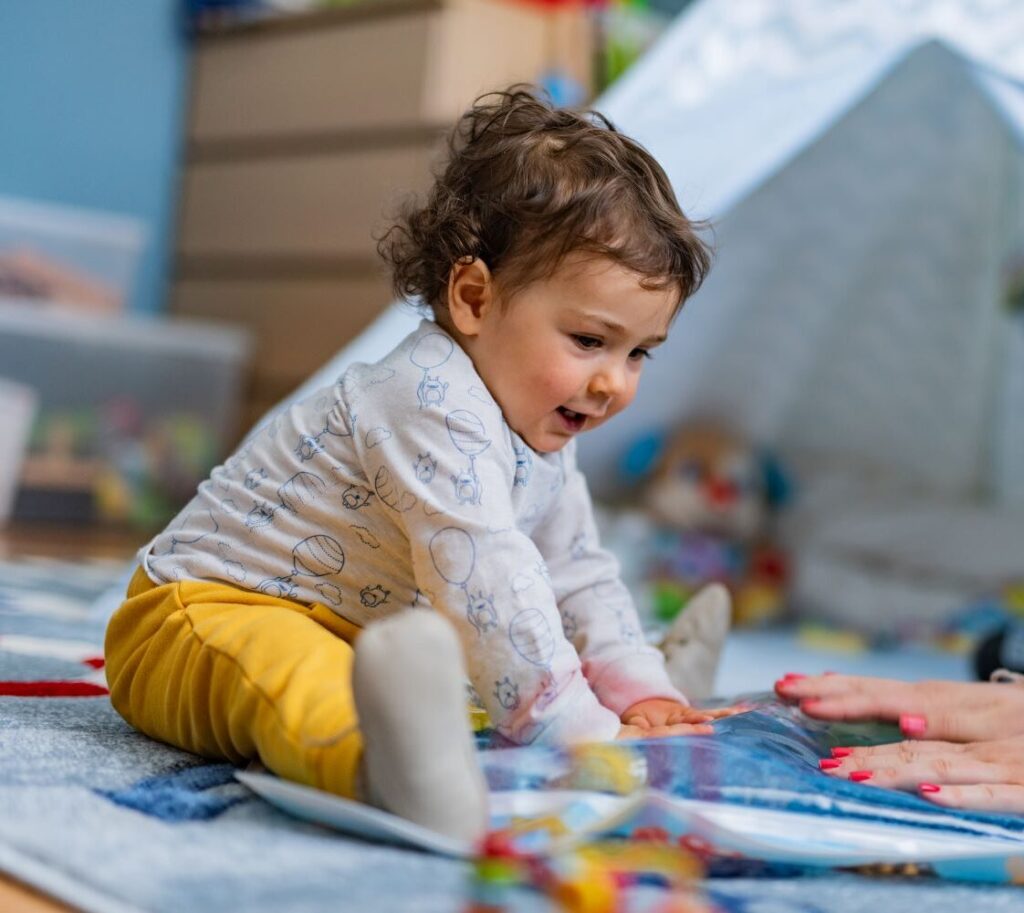Conversations about pregnancy and motherhood are often had with the benefit of hindsight. If many of us responded truthfully and free of the fear of being judged we might admit that sometimes our experience wasn’t perfect, and this is particularly true when discussing a traumatic birth and premature children. Here Rachel tells us about her experience of our Pregnancy to Three services and makes the case for how honesty can heal.
We went in for our normal scan at 20 weeks and we were told my daughter was really small, and that we would have to have a scan every few weeks to see how she was growing. They were trying to work out whether there were complications with the placenta, or whether our baby was just going to be small.
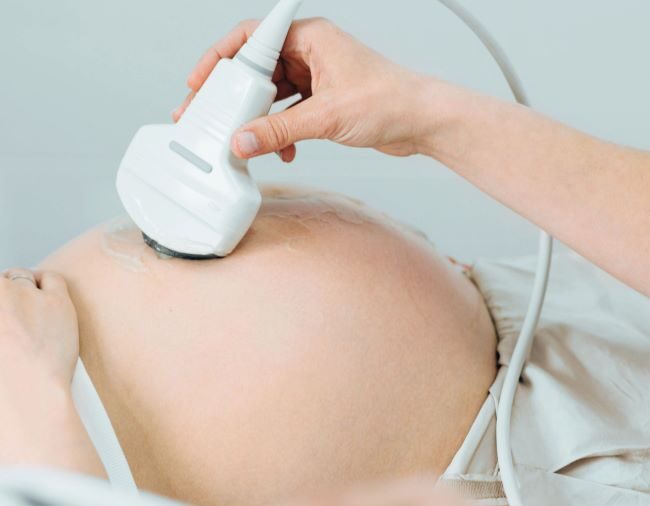
Scans should be this happy thing during pregnancy, but I would feel deflated. I was frightened and checking everything I could. It seemed like every scan where I met a professional something was going wrong, and I didn’t feel like I was in control; like I was at their mercy.
It was really scary and worrying and went far beyond normal pregnancy anxiety. With all the interventions I had to have with professionals, I didn’t think I’d be bringing her home.
At my 34-week scan, she was still small and they told me that if I felt like there was reduced movement before the next scan I should come back in. That happened at 35 weeks, I woke up on a Sunday morning and she wasn’t moving – I knew something was wrong. I went in, they put her on the monitor, and it was clear she was declining, so we had to have an emergency caesarean. It’s not what you dream of when you become pregnant but I think I just wanted her safe.
The team at the hospital were very professional and it didn’t feel like an “emergency” c-section at all. It was very calm, but they warned me that the neonatal intensive care unit would be there to take her. This sounds awful, but I think I was disassociating after a traumatic birth.
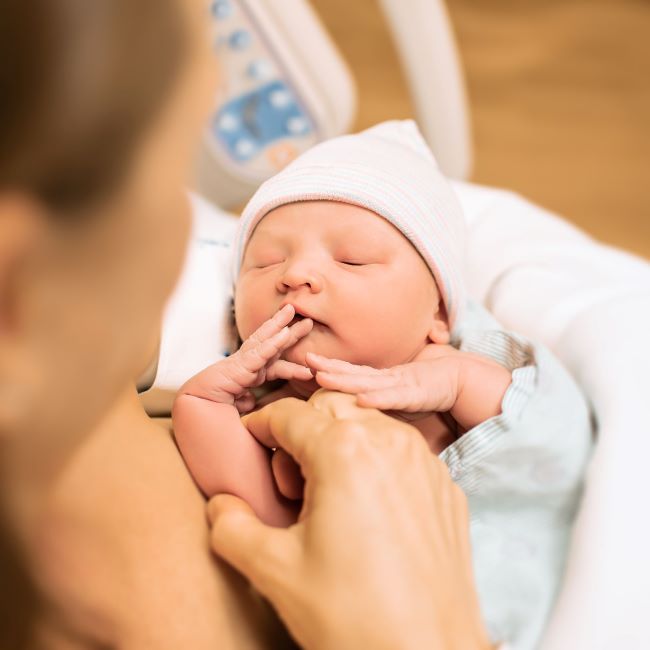
When you have a small baby, you don’t get your moment where you have that bonding time with them on your chest. It’s clinical and you feel a bit like you’re just a body, so you have to disassociate yourself, especially after a traumatic birth. It’s not anyone’s fault – it’s just a very surreal experience and being present in that situation is very hard.
However, when she was born, she was in a better state than everyone was expecting. Nobody told me to expect the worst, but I was, and I didn’t look at what was going on in case they had to resuscitate her. She was three pounds, but the whole room was in shock at how well she was.
They took her off to check her as they’d said, but then they brought her back to me in the room and my husband got the chance to hold her. I was glad about that as my husband wasn’t allowed to stay in the transitional care unit with us later.
I felt very lonely once I came out of the unit and she wasn’t very well as she struggled feeding. Her stomach was so small; she was constantly hungry but wouldn’t ask for food because it was difficult to feed. It contributed to feeling like I didn’t know what I was doing… I’d been handed this three-pound baby and you can’t talk to anyone about it because I didn’t know anyone else in the same situation.
I remember thinking “you should feel happy because she is fine”.
The effects of a traumatic birth
It’s not like she was still in the intensive care unit, and I’d been told she wasn’t going to survive… but now I know that I was traumatised, and that can cause a lot of guilt. I became nervous that I wasn’t doing everything right and not parenting like I should be.
Even so, I knew I needed to go out, so I pushed myself to visit a lot of baby groups, even though I felt so nervous. But everyone would be there just saying they’re having a great time and that’s not what I needed. I thought if I told them how I was feeling they’d say “oh my gosh, she’s awful”.
I think it was the neonatal unit that suggested I contact Family Action… and I feel like it’s a shame that we didn’t find them earlier.
Finding the right support
When I came to this group all the mums who attended felt able to open up and talk about how hard it can be to be a parent and mother. We were just sobbing, and you could tell nobody had ever shared their fears. But it’s so important that more people say that so that more of us can feel like we can process how we’ve felt.
I was speaking to one of the workers here and they told me that, initially, the mums will say “everything is amazing”, but that they know when people have made progress when they open up and say how hard it is. Because being a mother is glorious, but it’s also the hardest thing.
